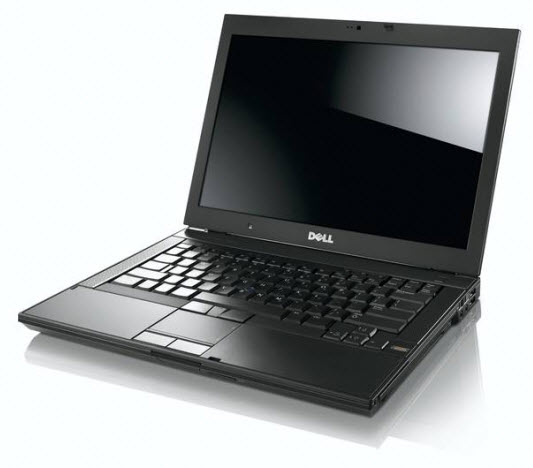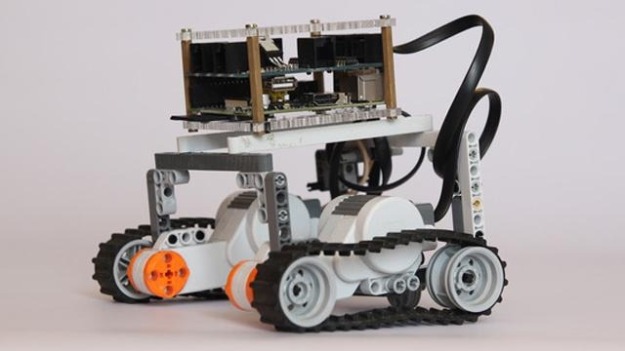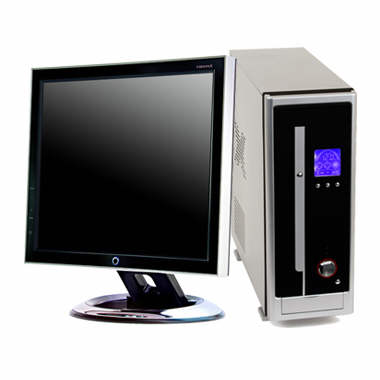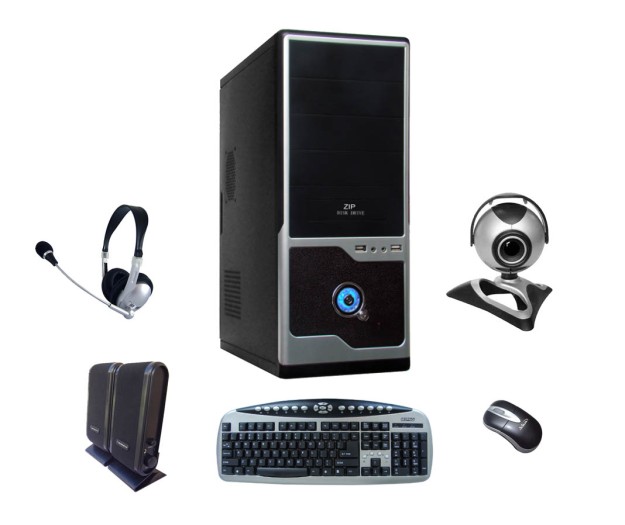Always Keep Your Antivirus Software Up To Date
It should go without saying, but it’s always important to keep your computer well maintained and reduce the risk of malware infections.
Antivirus Software Is Critical
The primary thing the inexperienced computer user forgets to do is keep to the antivirus/malware program up to date. Antivirus programs are not something that you install once and then forget about, never to be used again. It’s critical that you keep the software up to date and run security sweeps at least once a week.
Check the instructions on how to have the program automatically update itself. If it doesn’t have this feature make sure you do a manual update regularly. Even if the program is set to update automatically it wouldn’t hurt to do a manual update when the word is out that a virus is going around.
(Source: Computer Tips)
PC Troubleshooting Tips
Nothing can put a damper on productivity quite like a computer that crashes on a regular basis. Sometimes, a crash is preceded by the dreaded “blue screen of death” or another warning; other times, a computer simply shuts off without any warning at all. In either case, the end result is a whole lot of frustration, aggravation and lost work. If your computer has been crashing frequently, you’d probably like to put an end to it. Unfortunately, getting to the bottom of things if often easier said than done. The following tips about improving your computer’s performance, though, are excellent places to begin.
Possibility #1: Corrupted System Registry Files
Every Windows-based PC has something called a Windows registry. The registry contains several files that are integral to the performance and operation of your computer. Over time, some of those files can become corrupted, be misplaced or get lost altogether. When that happens, the system registry becomes compromised – and frequent crashes are all-too-common symptoms. The best way to rule this possibility in or out is by running a Windows registry cleaning program. Such programs scan your Windows registry for problems then automatically make repairs. If you run a registry cleaner and the crashes persist, they are probably being caused by a different issue.
Possibility #2: Disorganized Files
Windows operating systems handle file organization in a way that isn’t very intuitive. Basically, they break files up and fit them into gaps in the computer’s memory. As time goes by, these disorganized files can prompt frequent crashes. Luckily, a great optimization solution is built right into Windows-based PCs: the disk defragmentation utility. Although its location on a computer varies, you can generally locate it within the System and Security section inside the Control Panel. By running a defrag once every few months, you may be able to keep those pesky computer crashes at bay.
Possibility #3: Malicious Software
Malicious software can take many different forms. Sometimes, it’s a virus that is accidentally unleashed after opening a strange email; other times, its adware that tags along with other information that is automatically downloaded from a website. Whatever type it is, there’s no question that malicious software can wreak havoc on a computer’s performance. Happily, there are many topnotch programs out there that regularly scan your computer for the presence of such problems – and that help guard against them, too. Buy one, install it and use it regularly; your crash issues may come to an end.
Possibility #4: Too Little Available Memory
When you buy a new computer, it feels like there’s no end to the amount of memory that it has. Of course, this isn’t true at all. As never-ending as the available memory on your PC may initially seem, the fact is that it can be depleted with incredible speed. You can find out for sure by checking the information within “My Computer.” If it appears that your available memory is low, you can use a PC cleanup program to remove unnecessary files; such programs remove things like temporary Internet files and other file debris that can suck away much-needed memory.
Possibility #5: Overheating
If you’ve run through all of the preceding possibilities and continue experiencing frequent crashes, a hardware issue could be to blame. An easy one to rule out is overheating. A computer’s CPU, or central processing unit, includes a fan that is designed to keep it running cool. Sometimes, the fan wears down and doesn’t work as efficiently; other times, it’s just not able to handle the work that your computer has to do. In either case, buying a bigger, better fan isn’t very expensive. If it puts an end to your PC crashing problem, it will have been more than worth it.
Don’t Put Up with Frequent Crashes!
As discussed, frequent computer crashes can be triggered by a wide variety of issues. Luckily, many of these issues are relatively easy to remedy. Work your way through the preceding list; chances are, you’ll be able to pinpoint the problem and put an effective cure to work. Nine times out of ten, a computer simply needs a little bit of routine maintenance to get it back on track again. In the future, keep these points in mind. Any time you buy a new computer, keep up with its basic maintenance right from the get-go. By doing that, you could avoid “blue screen of death” and crashing problems altogether – and that’s something that you’re bound to appreciate!
Google Glass Updated With HDR Photography And Voice-Powered Photo Captions

 Following up on their promise to update Google Glass every month, Google has just released a patch that brings two important photo-centric features to their robo-eyewear: HDR photography and on-the-fly photo captions. Full article
Following up on their promise to update Google Glass every month, Google has just released a patch that brings two important photo-centric features to their robo-eyewear: HDR photography and on-the-fly photo captions. Full article
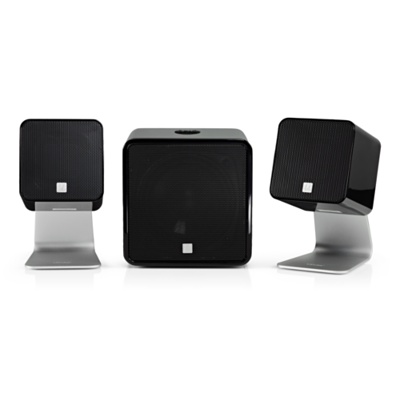
How Often Should You Shut Down Your Computer?
All sorts of factors must be considered, such as how much power your computer draws vs. how much your electric utility charges per kilowatt hour; how important it is to you that you have immediate access to your computer at all times; and on and on. Essentially, it boils down to your own personal preference. Here are some things to consider:
Electricity Costs
At a basic level, an average computer uses about 350W of power (including the monitor) or 0.35 kW. (This can vary depending on the size of your machine, what you use it for, etc.) Figure out how much your local utility charges per kilowatt hour, and then do the math to see how much electricity your machine would consume if left on all day. Rates fluctuate based on your city and the time of year, but for the sake of argument, if the utility charges 10 cents per kWh, then it’s costing you roughly $25 per month to run the machine all day. So, unless you’re hopped up on Red Bull and computing constantly, shut it down each night.
Wear and Tear
Computer parts are designed to be extremely durable and last for years, but as with all machines that have moving parts, things do eventually break down. In a PC, the cooling fans (for the power supply and the CPU) are the primary components that will be in constant use if you never turn the machine off. The fans don’t have to work as hard if the computer is in sleep mode or is not actively running several programs while still powered up, but eventually they’re likely going to give out and will need to be repaired or replaced. Hard drives also continue to spin when the computer is not in use, and it can eventually peter out, too.
Too Many Processes
If you leave your computer on all the time, it is still running all manner of processes, even if no programs are open. Over time, these processes lead to memory errors that constantly build up, which can cause crashes, programs to freeze, and operating system lag. Shutting down your computer when it’s not in use can help limit that kind of poor performance, along with periodic sweeps with antivirus/malware software.
The bottom line? To save energy and give your computer a longer lifespan, shut it down when you’re not using it.
(Source: Computer Tips)
Make a LEGO Robot With a Raspberry Pi
LEGO fans can create their own programmable robot with a new device that works with the Raspberry Pi computer.
If you have a Raspberry Pi, the BrickPi system lets you convert the tiny PC into a LEGO robot, as explained in the video above. Raspberry Pi is a credit-card sized, Linux-based PC that arrived in the U.S. earlier this year.
The BrickPi system includes a board that slides over your Raspberry Pi and a plastic case that connects LEGO pieces. Once you attach a 9-volt battery, you can hook up LEGO motors (three ports) and sensors (four ports), connect some USB gadgets (e.g. webcam, WiFi, keyboard, mouse), load an example program and start modifying and hacking.
The Raspberry Pi controls the motors and sensors, and you can program using Python libraries. Additionally, the BrickPi’s firmware is hackable, since it’s open-source Arduino. (Source: Mashable)
How to Protect Your Computer From Viruses
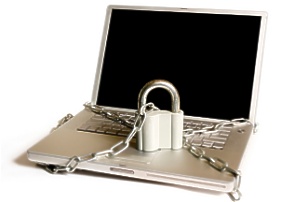 With millions of computer users browsing the web at any given time, there are plenty of targets for malicious coders. While computer experts don’t always know why coders choose to build harmful computer programs, the fact is that it happens all the time. Computer viruses can steal personal information, interfere with normal operations, attract spam and even shut down your computer’s hard drive. Protecting your computer is critical for browsing success.
With millions of computer users browsing the web at any given time, there are plenty of targets for malicious coders. While computer experts don’t always know why coders choose to build harmful computer programs, the fact is that it happens all the time. Computer viruses can steal personal information, interfere with normal operations, attract spam and even shut down your computer’s hard drive. Protecting your computer is critical for browsing success.
Start With the Basics
Most computer systems come with security features already in place. For example, the Windows operating system is packaged with Microsoft Windows Security Center. When you first open, boot up and register a new computer, you should make sure that this program is functioning. It will give basic protection against spyware, viruses and malware. In addition, a basic firewall is built into this program, providing additional protection and stops for potentially harmful programs. Upon activation, don’t be surprised if your security system needs immediate updating. Software that protects your computer needs regular and consistent updating to stay useful. Viruses are constantly being generated and the several-month lag between when your computer was made and when you first started using it can mean that the database the security system is loaded with is severely out-of-date.
Upgrade to Meet Your Needs
Many people operate computers for a long time with only basic protection in place. However, heavy computer users or those who have risky browsing habits can sometimes benefit from upgrading their virus, spyware and malware protection, as well as using a fuller-featured firewall; this is especially important if you use a networked computer system. Basic or free virus protection will still scan and update for viruses. Paid programs, however, offer more features, including ease-of-use and convenience features. The most important thing is to verify the publisher and make sure you are getting what is promised. Most well-known virus protection programs, such as AVG and Norton Security, have reviews available to help you make your choice.
Learn About Spyware Risks
Spyware creates risks that many computer users are not aware of. If you are only protecting against viruses, you could be leaving your computer open to damage. Most people are familiar with spyware that initiates and attracts annoying ad programs. Spyware, however, can be much more malicious as well. Your shopping habits can be tracked by spyware. While not exactly harmful, some people consider this a breach of privacy. The worst spyware programs interfere with normal operations and can even track what you type, sending personal information to people who want to steal your identity. Some spyware redirects your browser to different web addresses, increasing your risks of virus infection and fraud.
How Viruses Work
The main difference between spyware and viruses is how they are spread. A virus reproduces itself and attaches to any document that the computer sends, while spyware can be stored as a cookie or tracking code. A virus is most often found traveling with a piece of computer software, such as a document, picture or piece of music. When dealing with email, it is necessary to open an attachment to become infected, indicating that, in most cases, the computer user must somehow invite the malicious software to replicate on their system. Of course, most people have no idea it is there or what is happening. Some of the sneakiest and most harmful viruses actually masquerade as virus protection software, making them extremely hard to detect. Because of this, it’s crucial to be familiar with your particular virus protection program and know what it looks like and what the normal scripts and prompts are during operation. Viruses do some of the same things that spyware does; they just accomplish it differently. An active virus can steal personal information, generate ads or shut down your system, including the very virus protection programs that can fix the issue.
Take Steps For Protection
Like anything, the best way to protect against viruses is to be educated. Become familiar with what malicious software may look like. If you get an email or are asked to download a file that you don’t recognize or looks suspicious, do your homework. Research virus protection, spyware, malware and firewall programs and use them to their fullest capacity. Set the software to update and scan automatically to make sure that the system is constantly monitored. In addition, regularly check on the databases published by various virus protection services; many will provide lists of symptoms and risks, as well as the standard way the file gains access for no cost to the public.
